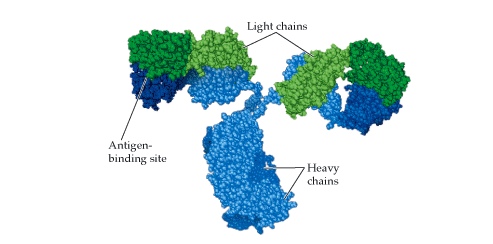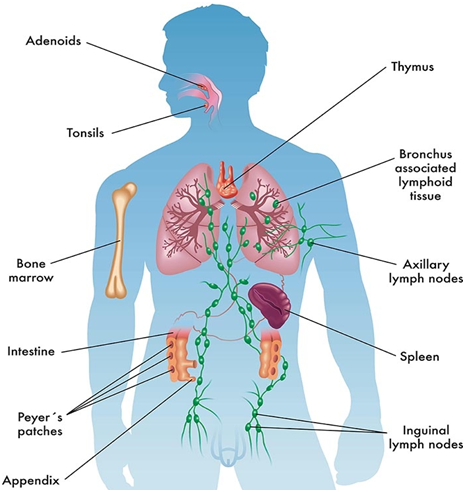Immunoglobulins do not actually kill or eliminate pathogenic microorganisms or antigens from the body. The […]
Tag: antibodies
ANTIBODIES (Immunoglobulins)
Antibodies are soluble protein molecules produced by the B cells of the immune system in […]
Introduction to Immunology / Immune System
Immunology is simply defined as the study of how the immune system of a living […]




